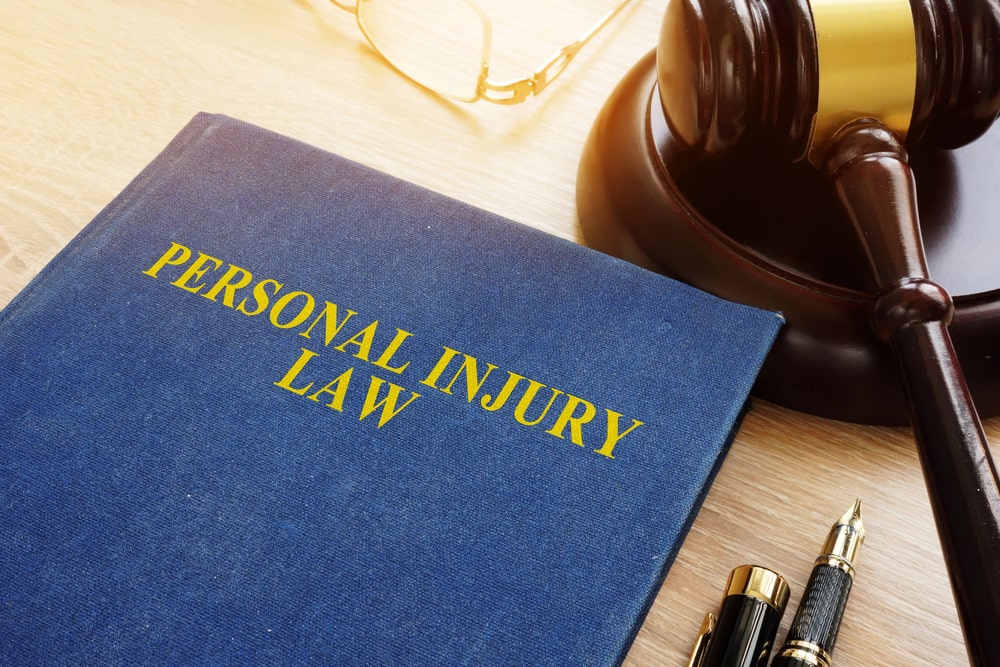In today’s world, social media is a big part of our daily lives. We share updates, post pictures, and stay connected with friends and family. However, when you’re involved in a personal injury claim, your social media activity can have unintended consequences. What you post online can be used as evidence by insurance companies and defense lawyers to challenge your claim. Checking with a personal injury lawyer New Orleans, LA and being mindful of what you share on social media is more important than ever during the legal process.
What You Post Online Can Be Used Against You
Social media platforms are public spaces, and anything you post can be accessed and used by the opposing side in a personal injury case. Photos, status updates, and comments might seem harmless, but they can be taken out of context and used to question the validity of your injuries. For example, if you claim to be suffering from back pain but post a picture of yourself doing physical activities, the defense may argue that you aren’t as injured as you claim.
Even seemingly casual posts can work against you. Comments from friends asking how you’re feeling or about the accident could lead to responses that might unintentionally damage your case. It’s important to remember that even private messages can be subpoenaed, so it’s best to avoid discussing your injury or legal matters online at all.
How Social Media Monitoring Works
Insurance companies and defense attorneys frequently monitor social media accounts to find evidence that can weaken a personal injury claim. They will look for inconsistencies between what you claim and what you post. If you post a photo of yourself doing something very physically active but have a claim for various physical injuries, or you are seeking compensation for emotional distress but post photos of yourself attending a social event looking well, this could be used to argue that you aren’t experiencing the physical difficulties or emotional hardship you claim.
Steps To Protect Your Claim
It’s not just your posts that are scrutinized. Photos or videos that friends tag you in can also be used against you, even if you didn’t post them yourself. It’s important to adjust your privacy settings and be cautious about what others are sharing related to you during this time.
Consider limiting your social media activity or staying off it entirely during your case. If you choose to remain active, avoid posting anything related to your injuries, accident, or legal proceedings. Review your privacy settings and limit who can see your posts. It’s also a good idea to ask friends and family not to post or tag you in anything that could be seen as contradictory to your claims.
Attorneys will often advise clients to exercise caution with their online presence. Keeping your personal life off social media during your claim can help you avoid unnecessary complications.
Your social media activity may seem private or unrelated to your personal injury claim, but it can play a significant role in the outcome of your case. Opposing parties will look for any opportunity to use your online presence to question your credibility. Being cautious and mindful of what you post helps protect you from potential setbacks in your claim.
If you have questions about your personal injury case or how social media might affect it, the attorneys at Kiefer & Kiefer know the importance of making informed decisions during this time. Reach out to a trusted personal injury lawyer to help guide you through your case and ensure you receive fair treatment. Contact us today to learn more about how we can assist you in protecting your rights and your claim.



